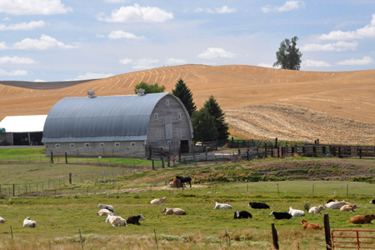Oregon Makes Third Attempt To Study PFAS In Biosolids

Lawmakers in Oregon are once again attempting to respond to concerns over the potential presence of per- and polyfluoroalkyl substances (PFAS) contaminating soil, crops, and livestock. Fertilizers made from municipal wastewater have become increasingly popular, as they are rich in nutrients and more affordable than synthetic options. However, environmental advocates have raised questions about how PFAS and other chemicals may be spreading through farmland.
In response, researchers and industry groups are again urging Oregon legislators to fund a study on PFAS in wastewater biosolids and their impact on agricultural soils. Representative Courtney Neron, D-Wilsonville, is backing House Bill 2947, which would support this research. “Right now, we just don’t know Oregon’s story,” Neron said, emphasizing that PFAS are difficult — if not impossible — to eliminate from soil, water, and living organisms.
This is the third attempt to fund such a study. If passed, the bill would direct Oregon State University to analyze biosolids and soil samples, helping determine the extent of PFAS contamination. The study, estimated to cost $800,000, would conclude with a report to legislators by summer 2028.
Get unlimited access to:
Enter your credentials below to log in. Not yet a member of Water Online? Subscribe today.
